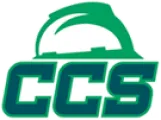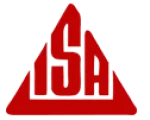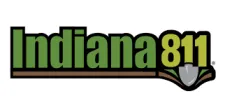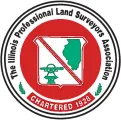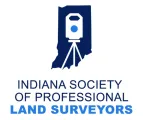Private Utility Infrastructure: Hospitals and Medical Campuses
When was the last time you visited a hospital or other major
medical facility? Modern medical campuses often consist of multiple buildings
that house hospitals, medical centers and clinics. They may include patient
care facilities, laboratories, administrative buildings and specialized
facilities. There are parking lots and parking garages; they require elevators,
valet and sometimes even shuttle services to facilitate patient traffic to and
between facilities. Green lawns and landscaped flower beds help soften the
otherwise sterile and often urban environments. However, no matter the size of
the campus or the amenities they offer, one thing is certain: uninterrupted
utility service is critical to the safety and comfort of patients and staff at every
medical facility.
As overwhelming as medical campuses can seem on the surface,
there is an even more complex and critical network of private utilities and underground
storage tanks behind the scenes, or more accurately, below the surface. Utility
providers generally deliver services from their utility's main to the facility's
meter, or sometimes a bank of meters, in a centralized location on the campus. This
line is considered public and is "marked" when contractors request 811 locates.
From there, PRIVATE utility lines are built to distribute critical utilities to
and between facilities on the campus. These private utility lines fall outside
of 811's scope of work; 811 is legally liable for (and limited to) locating
ONLY public utilities. This might lead you to believe that private utilities
are not as important, dangerous or susceptible to damages, but that is FAR from
the truth!
How much water do you think a hospital requires? The Environmental
Protection Agency (EPA) estimates a typical hospital in the U.S. uses
approximately 568,000 gallons of water per day. Damaged water lines inhibit a
hospital's ability to safely deliver water needed for patients, staff and
visitors to drink, for handwashing and hygiene practices, to clean and sanitize
facilities, irrigate landscaping, run cooling systems for medical equipment and
nearly continuous operation of laundry facilities. Something as simple as
installing new parking lot lighting or directional signage without having
private utilities located and marked could potentially derail an entire
hospital's operations!
And that's just the water supply… Medical facilities
typically require a reliable and continuous source of electricity to power
critical medical equipment, such as ventilators, heart monitors and surgical equipment.
This may require the use of backup generators that are powered by fuels stored
in underground storage tanks (USTs). Speaking of storage tanks, where do you
think hazardous materials go?? Pretty much every aspect of safe & reliable medical
care is dependent on uninterrupted utility service.
Regardless of the types of private utilities and USTs
present on a medical campus, it's important to locate and mark them before
beginning any excavation or digging activities to prevent damage to the facilities
and surrounding environment - and ensure the safe and uninterrupted delivery of
critical utilities. 811 is the law, you are required to request PUBLIC utility
locates prior to excavation projects. But who do you call to locate PRIVATE
utilities and other unknown or "untraceable" subsurface utilities or structures like storage tanks?
Professional private utility locating services can help identify and mark the location of private utility lines, as well as USTs, to prevent costly and dangerous accidents. Mason Private Locating partners with contractors and facility owners to provide damage prevention services for the future of your facilities. That goes beyond just training and equipping technicians to "wave their wand" and throw flags on your site: we hire experienced technicians and empower them to be advisors on our projects. Likewise, our Customer Service Representatives (CSRs) cross-train in the field so that they are able to better answer your questions with technical knowledge of our services and first-hand experience on job sites like yours. They are happy to consult you on any of your upcoming projects and help you determine the likelihood of unmarked private utilities on your sites. Have a free conversation with them today: (888)316-3933


